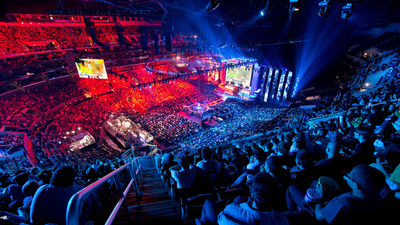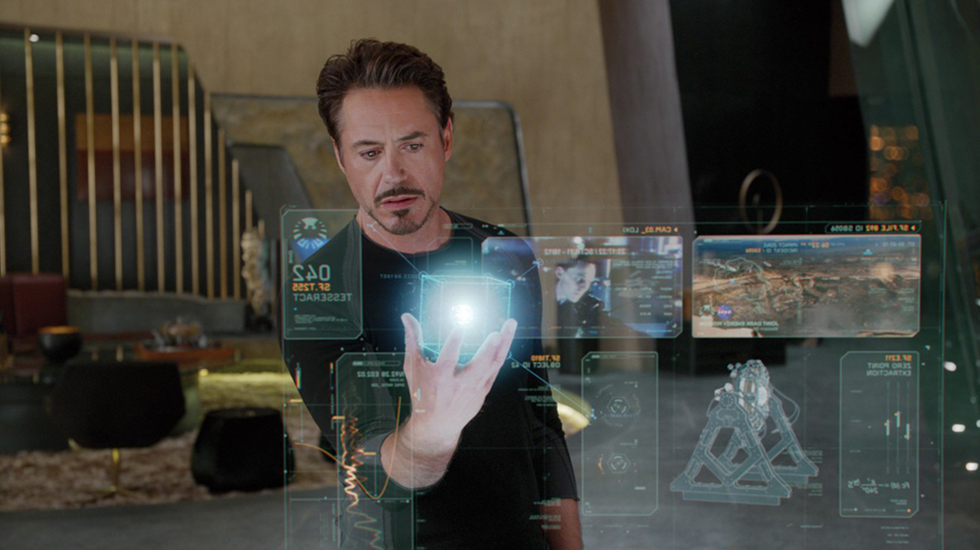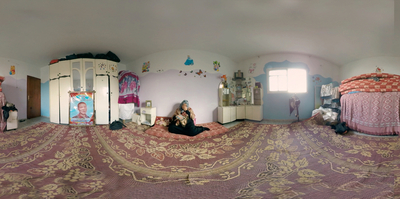
BY ZACHARY WIGON |
Racking Focus: The Collision of Cinema, Video Games and Virtual Reality
Samsung's upcoming VR headset is sure to blur an increasingly hazy border between these two realms.

Deadline reported this past week that Samsung is about to make a huge step forward in the realm of Virtual Reality entertainment, with a headset that they're debuting called the Gear VR Innovator Edition (a mouthful, I know). This headset, which will come with a new edition of a Samsung smartphone, enables users to place themselves in what the company refers to as an immersive cinematic experience. Content providers are on it, with Marvel having announced that users of this headset will be able to effectively "visit" - in virtual reality, anyway - Tony Stark's lab from Iron Man. A number of other companies will be providing content for the device as well.
What if the answer to maintaining cinema's cultural relevance lies not in making the theatrical experience more bombastic, but rather, more customized?
Is this a movie? A video game? Clearly we're in a hazy realm in between these two art forms, and—sorry, purists—the, ahem, reality of the situation is that the division between these arenas is only going to become hazier as technologies such as Samsung's advance. Much of the discussion about keeping cinema relevant - including some of the ideas being put forward by Barco, the European company whose "Escape" 3-screen cinema idea was discussed in this column last week—has been focused upon making the theatrical experience bigger, more awesome, more, well, cinematic. But what if the answer to maintaining cinema's cultural relevance lies not in making the theatrical experience more bombastic, but rather, more customized?
Customization is what dominates the contemporary internet, of course - we receive social news related to us (Facebook), pop culture and mainstream news of our choosing (Twitter), and of course ads closely tailored to our interests (Google). Is customizing cinema for each individual user so far behind? Imagine the possibilities in a cinema/video game crossover as deployed via VR headset. If each headset is individualized, with each headset aware of the user's preferences (User X loves thrillers; User Y prefers romantic comedies; or perhaps the distinctions are narrower, like, say, User X loves hiking, whereas User Y prefers kayaking), the films/video games that the users experience could be customized to suit their specific tastes.
Cinema could be altered so as to meet the needs of users on an individual level, customizing the experience as so many contemporary experiences are customized.
Let's say - to draw upon my latter Users X/Y scenario - a new movie/game comes out, an action film. The user is able to participate in the movie, like interactive theater (think Sleep No More), following various characters around as the storyline unfolds. Let's say the action reaches a dramatic climax in a chase sequence in the woods. User X could be presented with a scenario that features a chase across rocky hiking terrain, whereas User Y could participate in a chase through river rapids. In this respect, cinema could be altered so as to meet the needs of users on an individual level, customizing the experience as so many contemporary experiences are customized. It could be a powerful way of capturing the attentions of younger audiences, for whom filmgoing is hardly an automatic interest.

